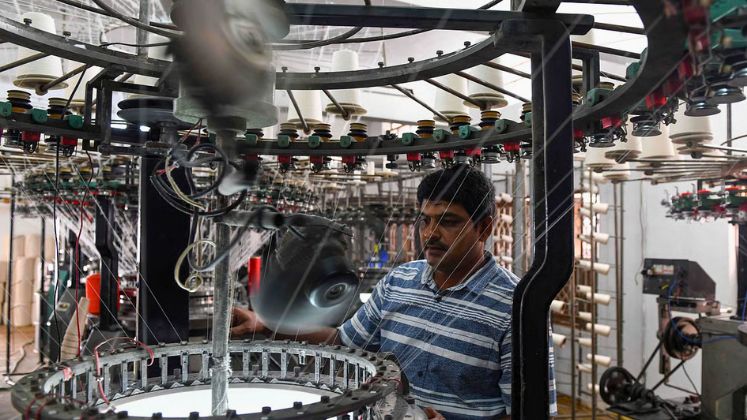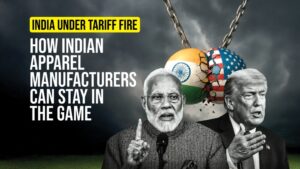
A delegation of textile associations from Tamil Nadu met Chief Minister M.K. Stalin on Thursday, urging him to extend support to the industry—particularly export-focused units—amid challenges arising from the 50% tariff announced by the US on Indian goods.
Tamil Nadu accounts for 28% of India’s total textile and clothing exports, with hubs such as Tirupur and Karur shipping a substantial volume to the US. The State is the largest exporter of textiles to the US from India, according to a press release issued by the Southern India Mills’ Association (SIMA).
The delegation, which met the Chief Minister in the presence of Industries Minister T.R.B. Rajaa, stressed the urgent need for coordinated State and Central government interventions to mitigate the impact of the proposed tariff. The SIMA release said the Chief Minister indicated that he would write to Prime Minister Narendra Modi recommending immediate policy measures.
Minister Rajaa said the Chief Minister had reaffirmed the State Government’s commitment to creating a stable, competitive, and supportive environment for exporters. He noted that Tamil Nadu would work closely with the Union Government to ensure exporters were not disadvantaged by changing global trade policies. He added that the government would intensify efforts in trade facilitation, logistics, and infrastructure development to help exporters remain competitive globally.
The industry also sought several measures from the Tamil Nadu government, including extension of benefits under the State’s Renewable Energy Regulations, continuation of the annual banking scheme for windmills over 20 years old, withdrawal of network charges on captive rooftop solar installations, and exemption from cross-subsidy and additional surcharges on open access power purchases for one year.
The associations further urged the State to fast-track export refunds through a single-window mechanism and expedite State GST refunds, both for exports and inverted duty.
From the Centre, the industry demanded a two-year moratorium on principal loan repayments, a 30% collateral-free loan under the Emergency Credit Guarantee Scheme (ECLGS), and a 5% interest subvention.






